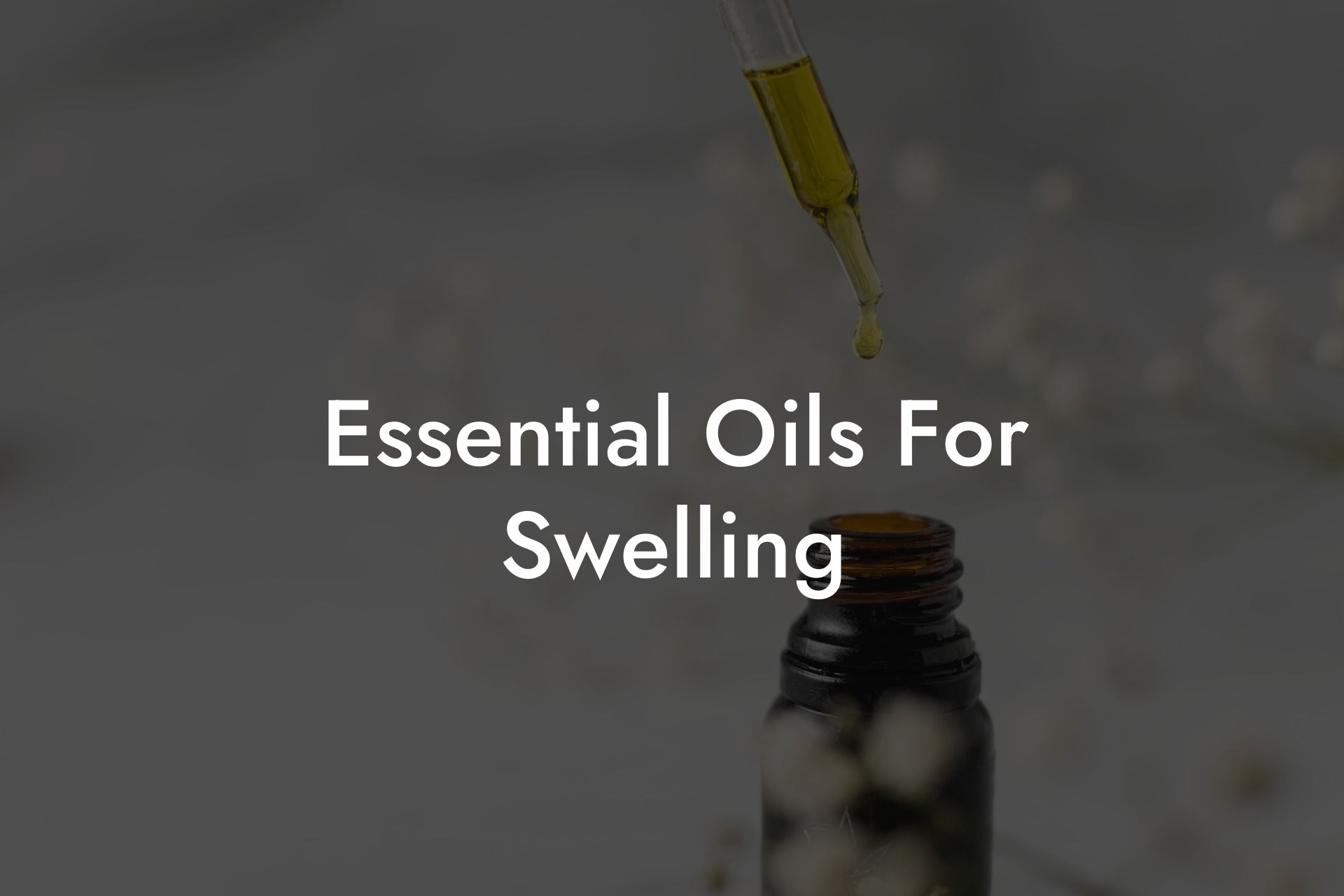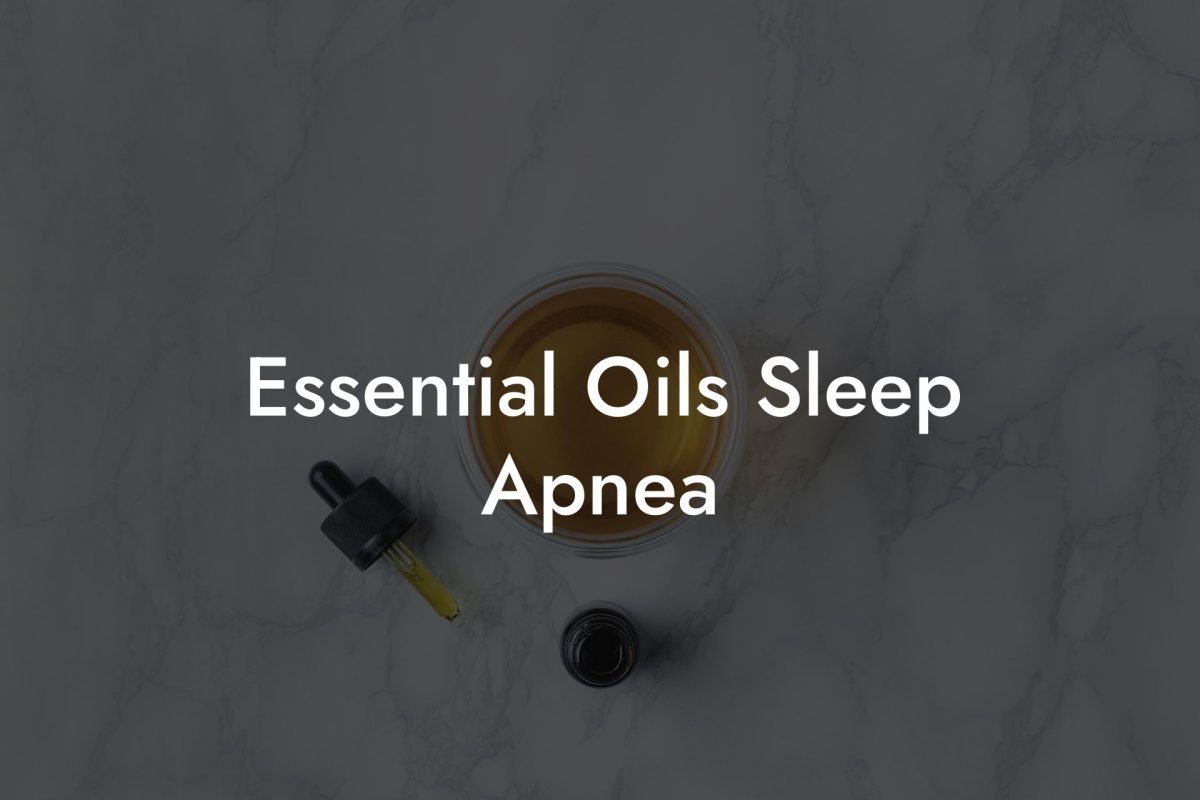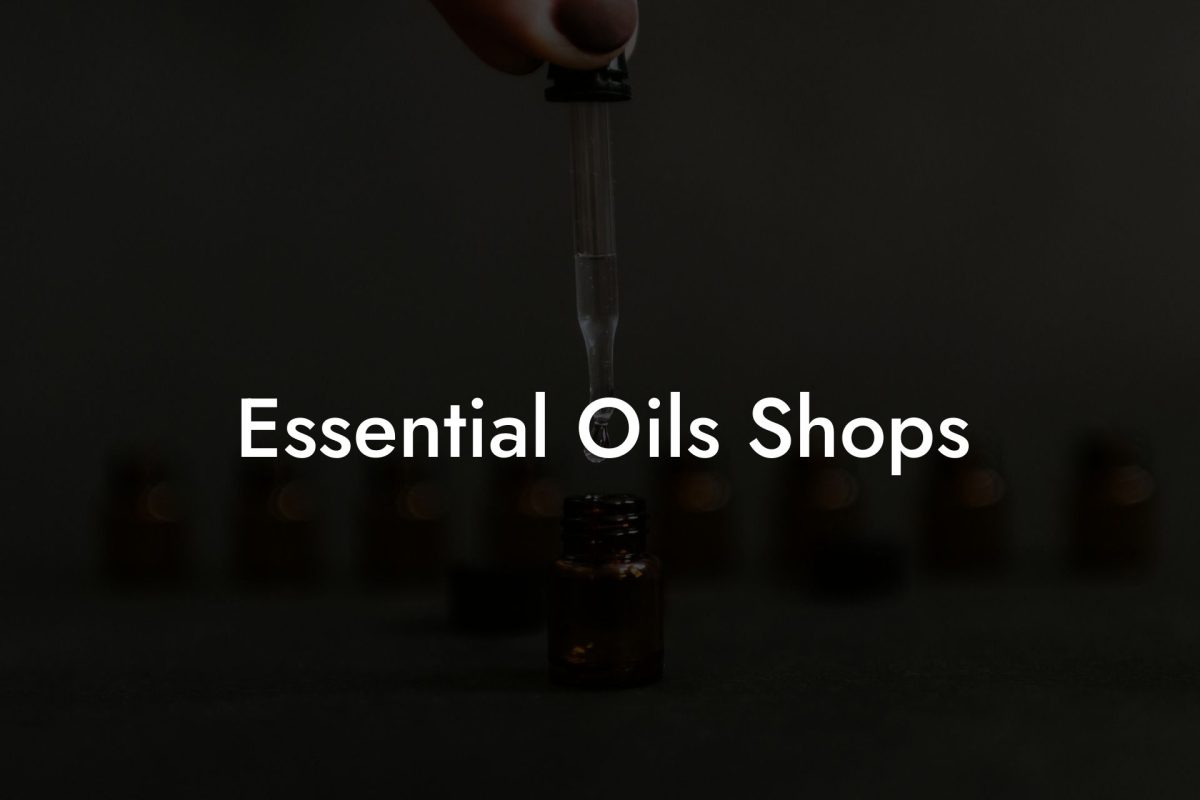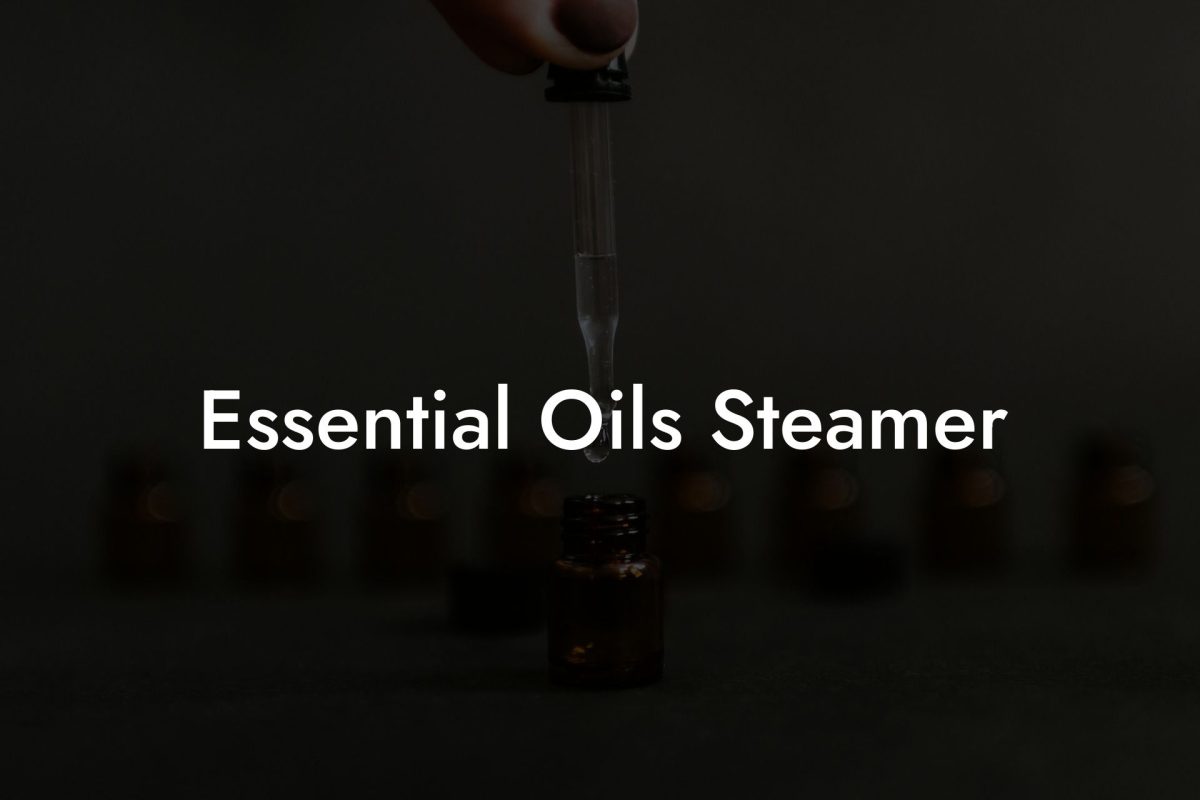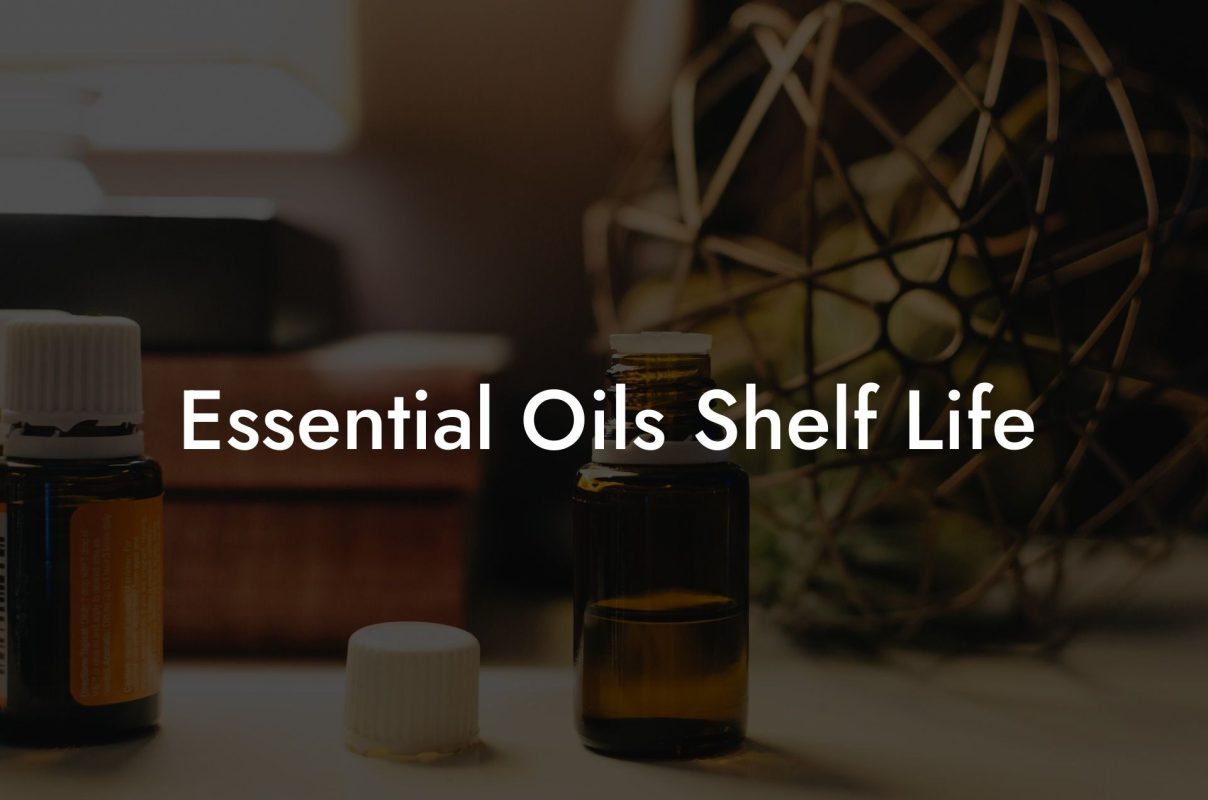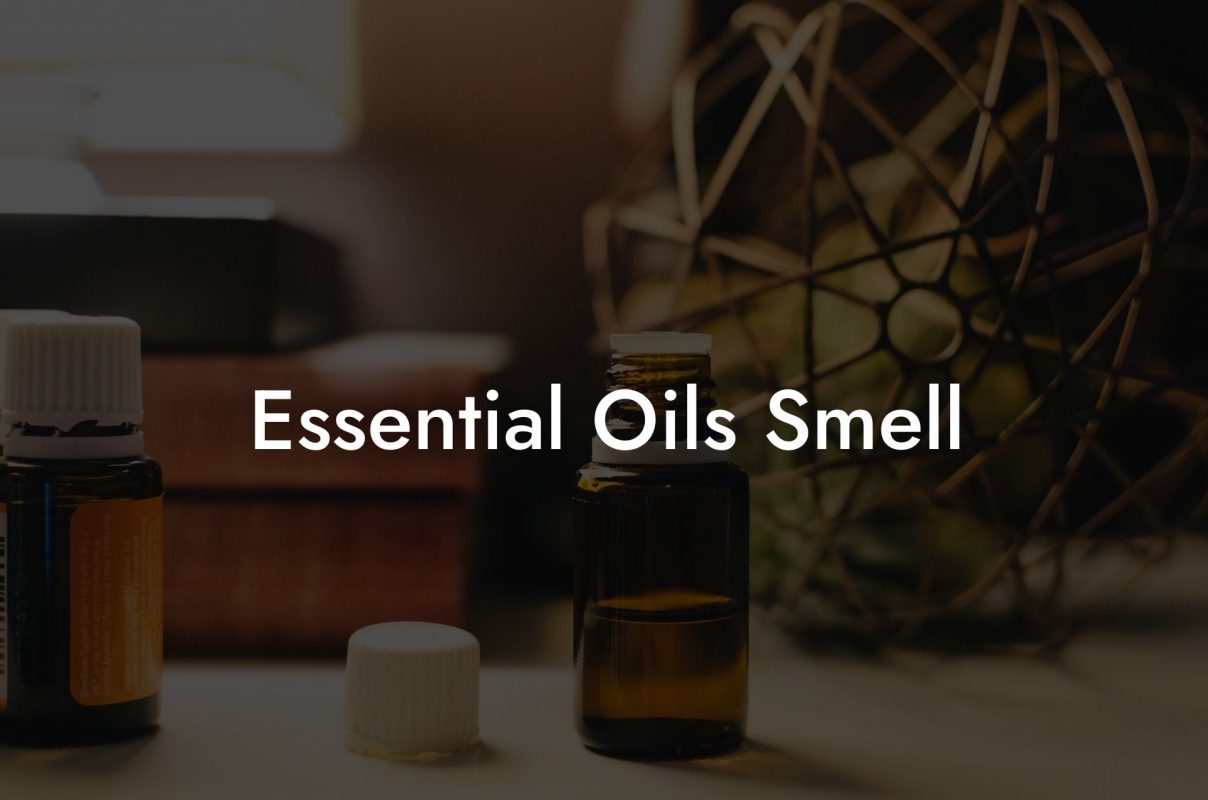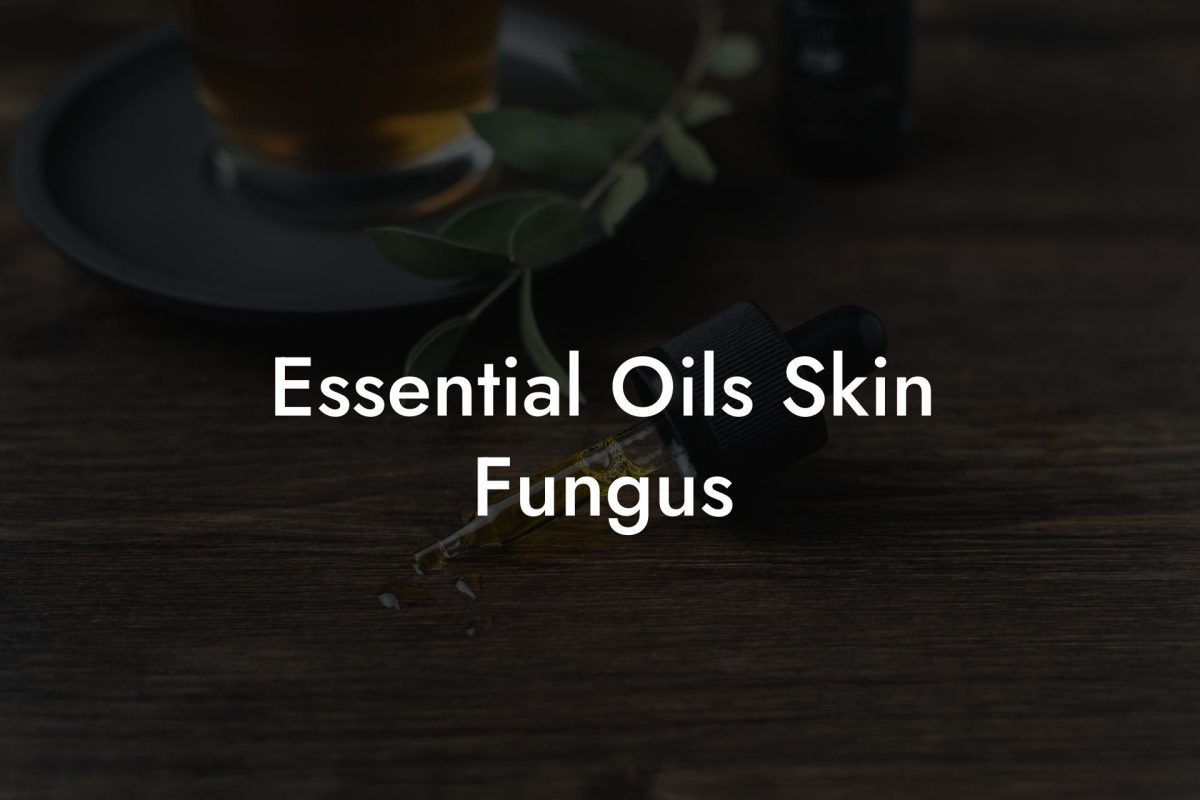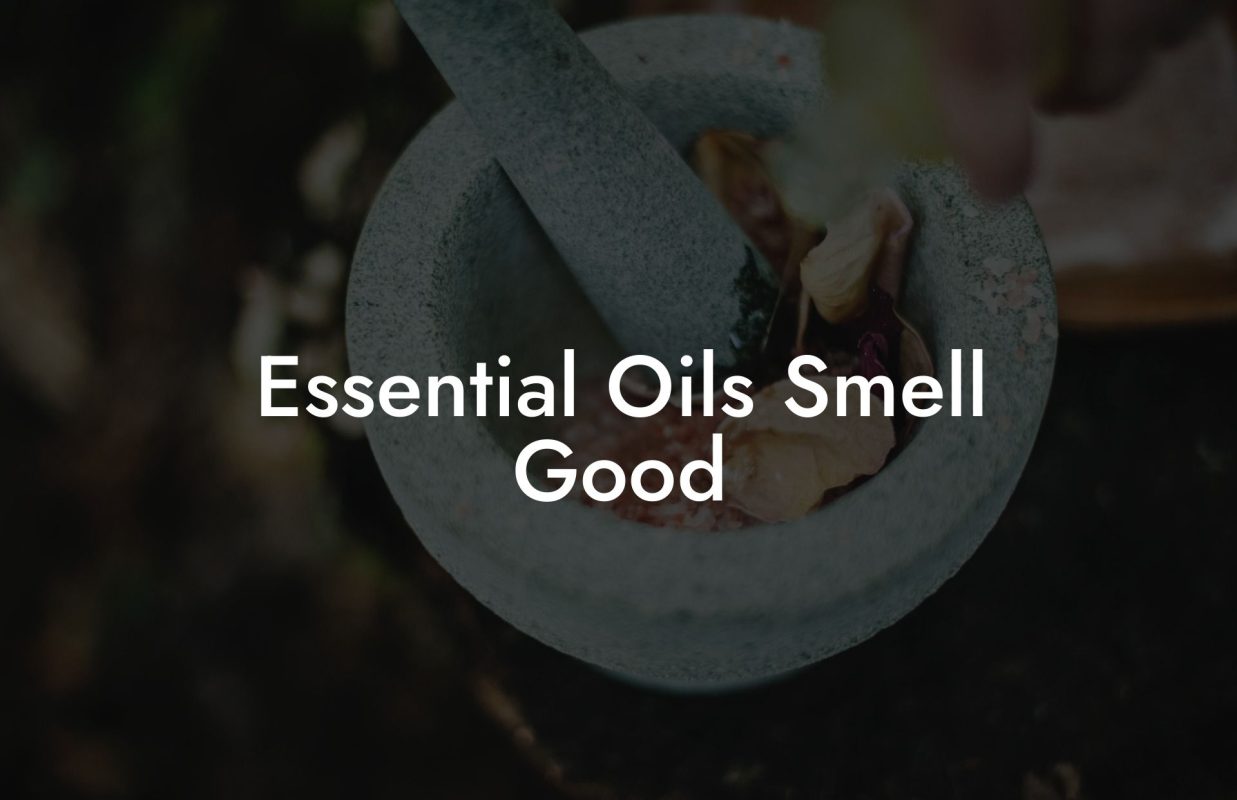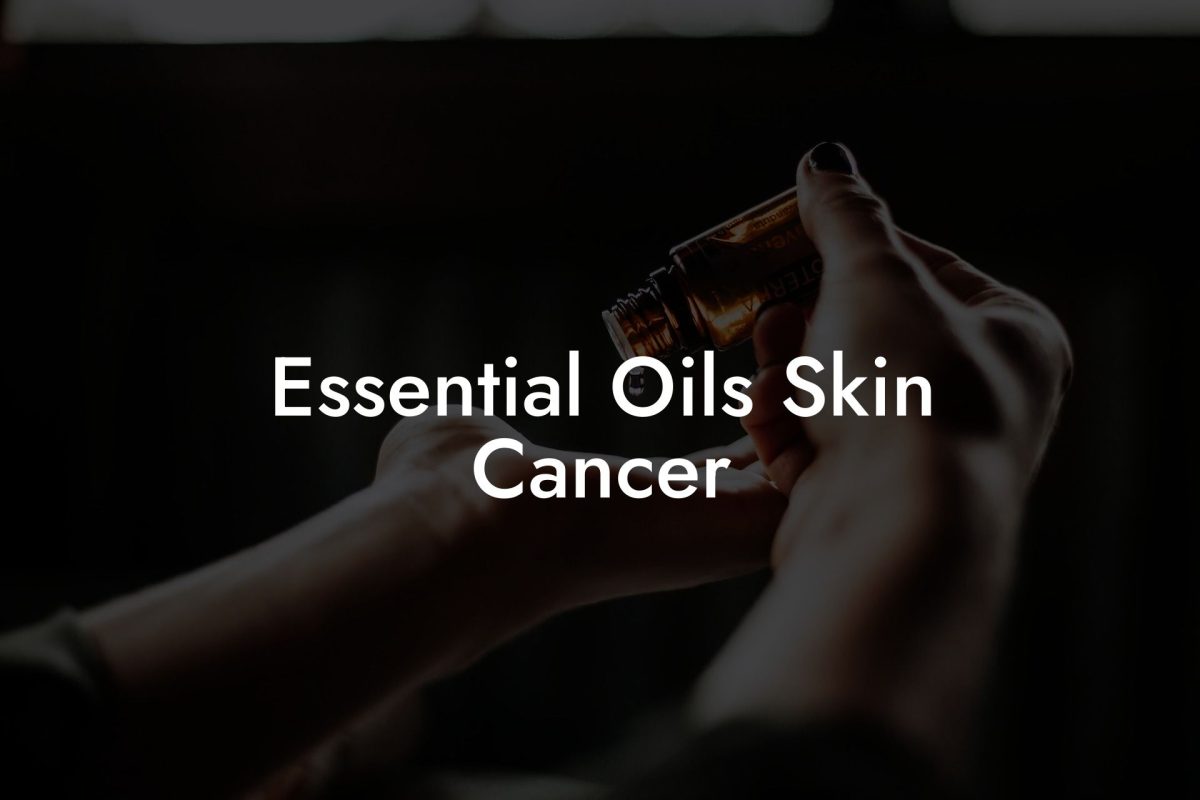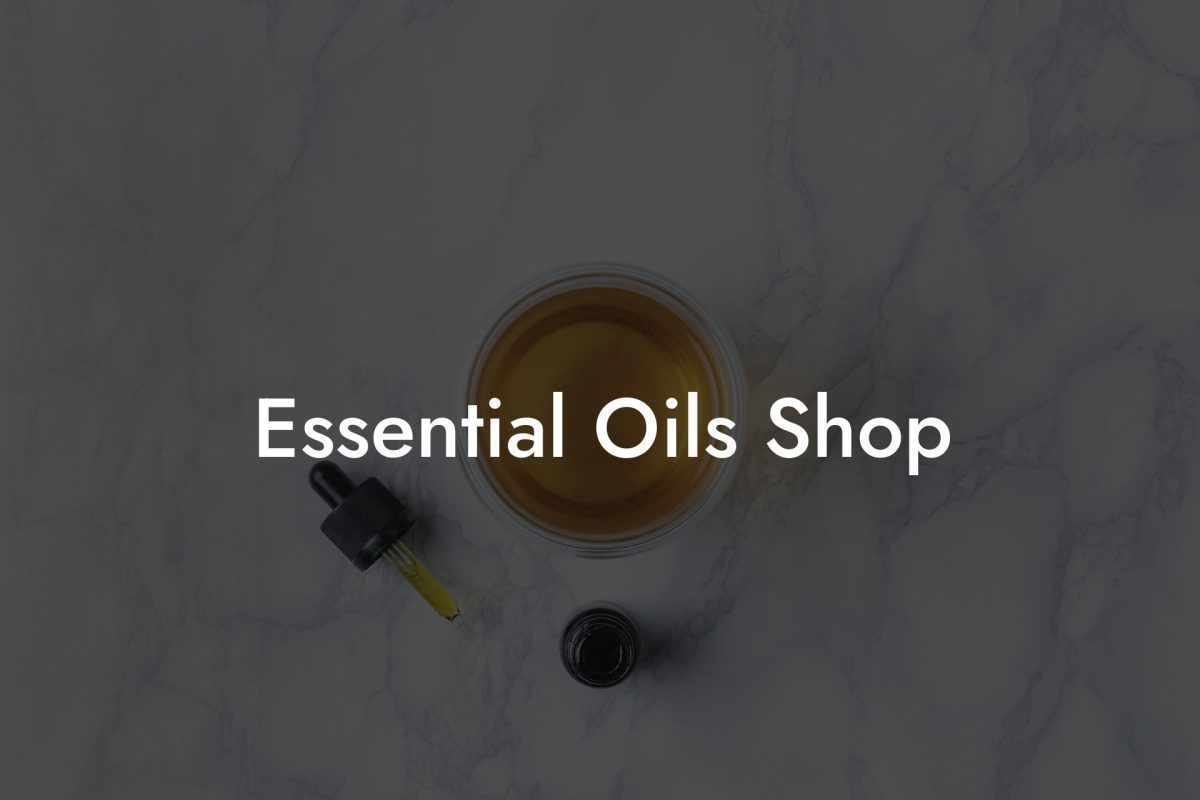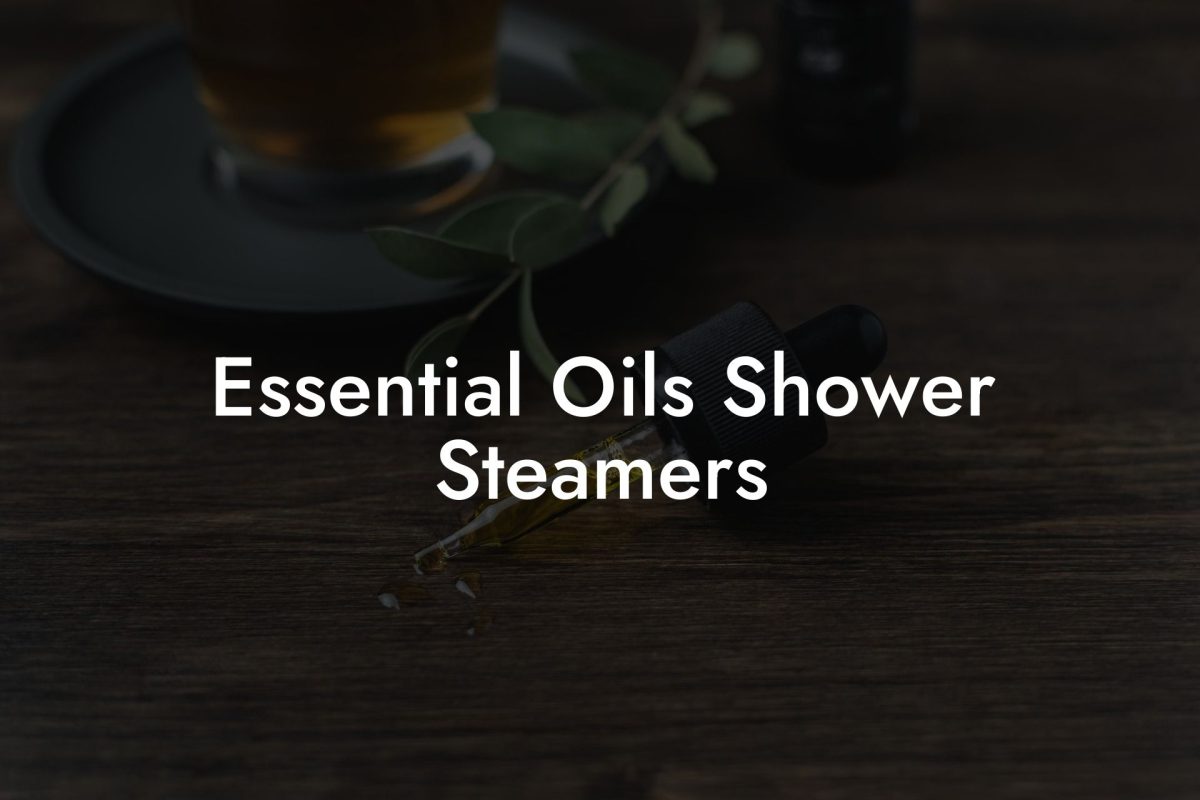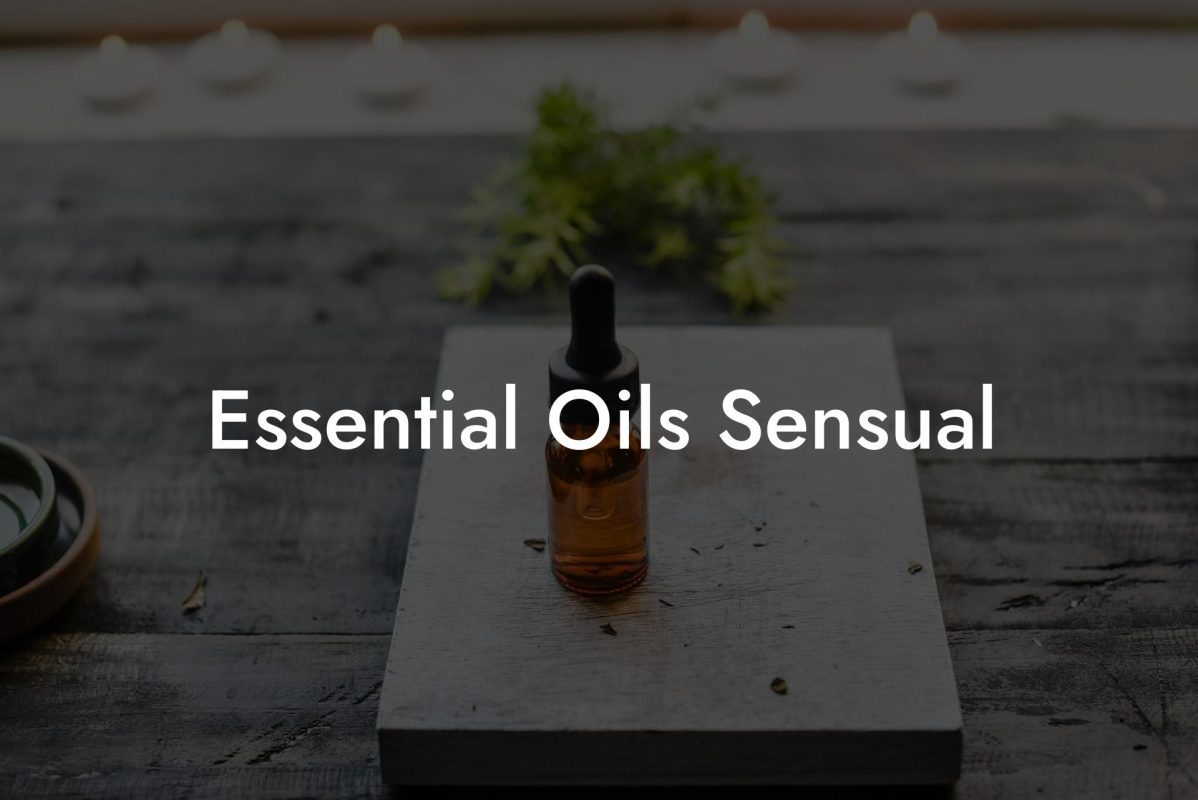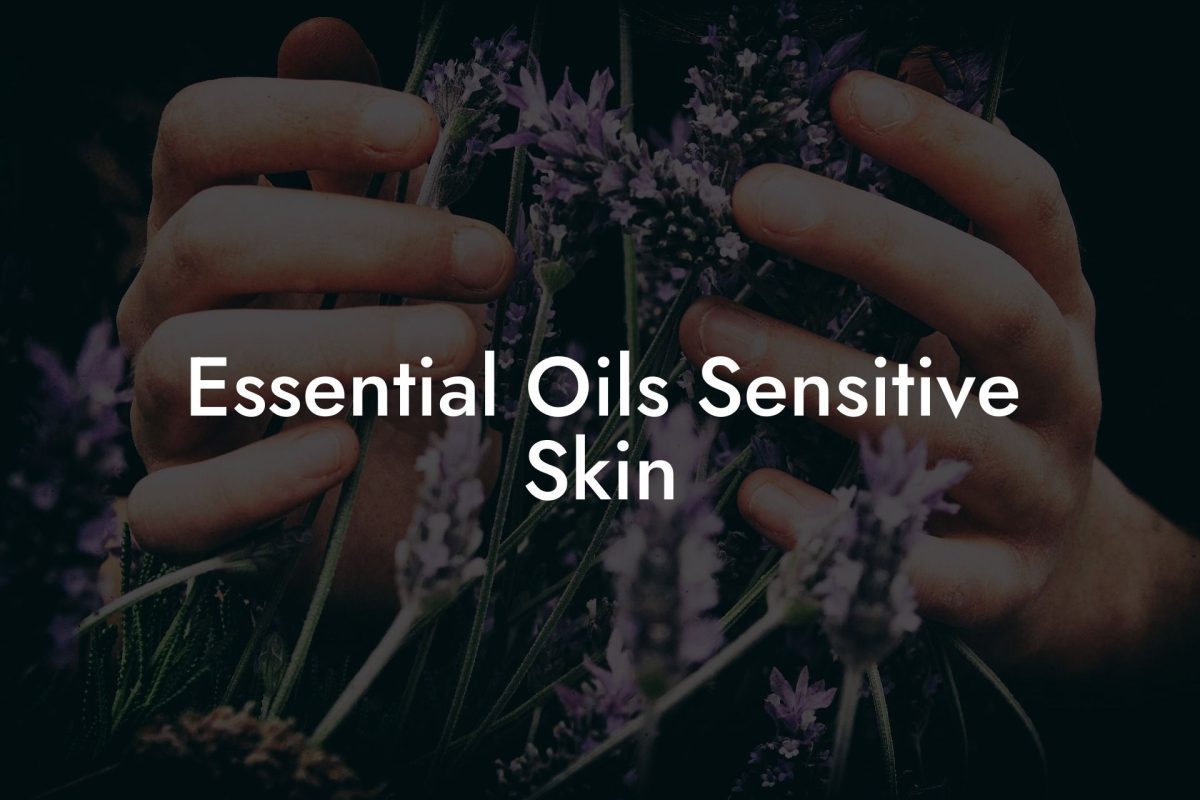Swelling can be a normal part of the body’s response to injury, inflammation, or infection. However, when it becomes severe or persistent, it can be incredibly uncomfortable and negatively impact your quality of life. Did you know that essential oils can be an effective natural remedy for swelling? In this article, we will explore the benefits and applications of essential oils for reducing and alleviating swelling, giving you a potentially powerful tool to improve your overall wellbeing.
Table of Contents
Understanding Swelling and Its Causes
Swelling, also known as edema, occurs when fluid accumulates in the tissues of the body. This can be due to various factors such as inflammation, injury, or infection. Some common causes of swelling include:
- Insect bites or stings
- Allergic reactions
- Sprains and strains
- Fluid retention due to pregnancy or kidney problems
- Chronic health conditions, such as arthritis or heart failure
How Essential Oils Can Help Alleviate Swelling
Essential oils are concentrated extracts from plants that possess various therapeutic properties, including anti-inflammatory, analgesic, and diuretic properties, to name a few. These properties can help to promote circulation, reduce pain, and alleviate inflammation, making them useful for managing swelling. Some of the most effective essential oils for swelling include:
- Peppermint oil – Known to improve circulation and reduce inflammation, making it an excellent option for swelling related to injury or sprains
- Lavender oil – Recognized for its soothing and anti-inflammatory properties, it can help to reduce swelling and relieve pain
- Eucalyptus oil – Contains anti-inflammatory and analgesic properties, which can help to alleviate swelling and pain
- Ginger oil – Has warming and anti-inflammatory properties that can ease pain and inflammation
- Lemongrass oil – Possesses diuretic properties that can help to decrease fluid retention and reduce swelling
Applying Essential Oils Safely and Effectively
Before using essential oils on your skin, it’s important to consider these safety guidelines:
- Always dilute essential oils with a carrier oil such as coconut oil, almond oil, or jojoba oil to prevent skin irritation or sensitization
- Apply a patch test on a small area of skin before using on a larger area, to ensure you don’t have an allergic reaction
- Consult with a healthcare professional if you are pregnant, nursing, or have a pre-existing medical condition before using essential oils
- Never apply essential oils on open wounds or broken skin
Essential Oils For Swelling Example:
Let’s say you’ve sprained your ankle and are dealing with significant swelling and pain. To take advantage of essential oils for relief, follow these steps:
- Choose an appropriate essential oil, such as peppermint or lavender, based on their therapeutic properties for swelling.
- Dilute the essential oil with a carrier oil at a safe concentration, such as 1-2% (3-6 drops per tablespoon of carrier oil).
- Perform a patch test to ensure there is no allergic reaction or skin irritation.
- If the patch test is successful, gently massage the diluted essential oil onto the swollen area 2-3 times per day, taking care to avoid broken skin or open wounds.
- Monitor the swelling and pain, and discontinue use if you experience any adverse reactions or worsening symptoms.
Incorporating essential oils into your self-care routine can be a powerful, natural way to manage and alleviate swelling and improve your overall well-being. Remember to always use essential oils safely and consult with a healthcare professional as needed. If you found this article helpful, we encourage you to share it with others seeking relief from swelling. Be sure to explore our other informative guides on Oshu Oils, as well as our range of expertly crafted artisan essential earth oils to enhance your life and promote greater balance.

